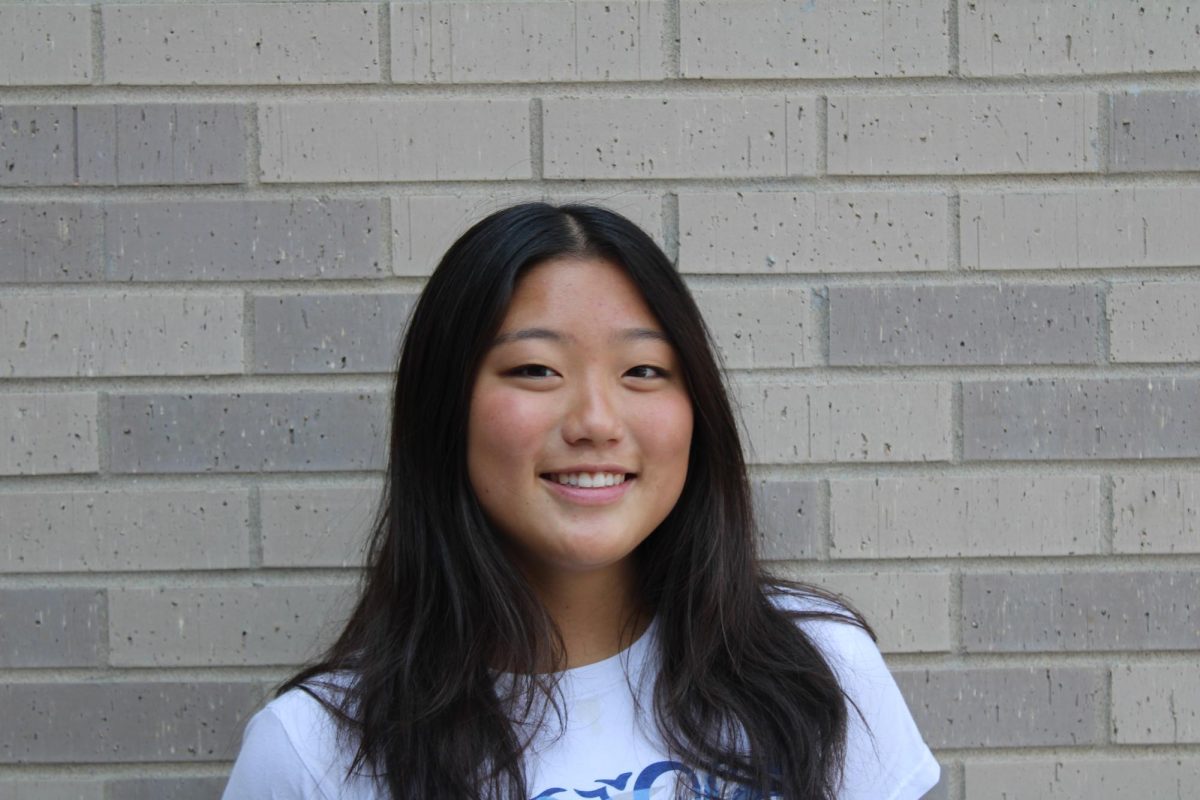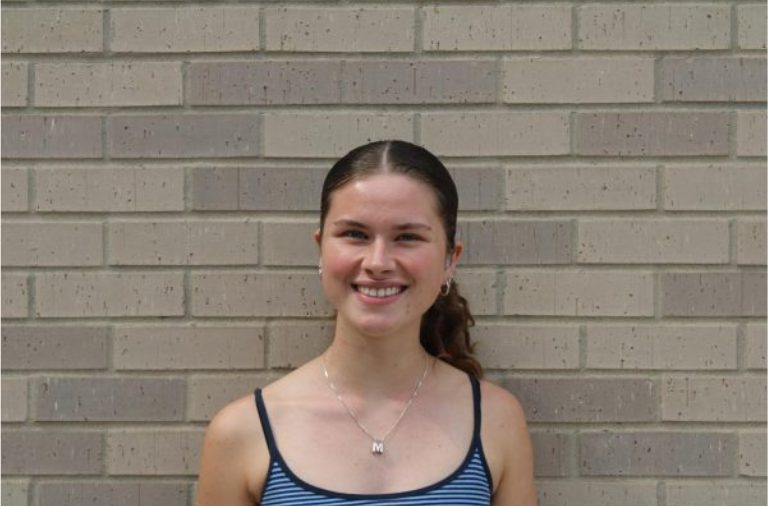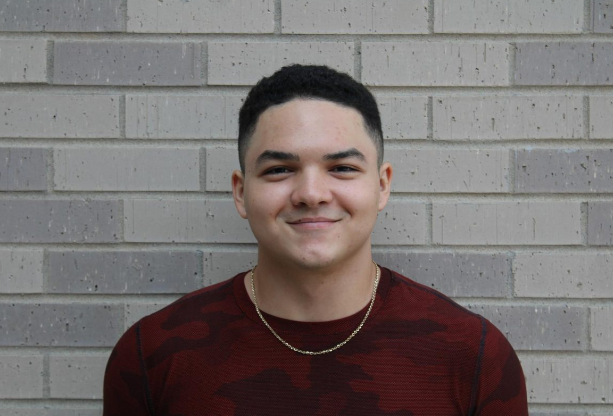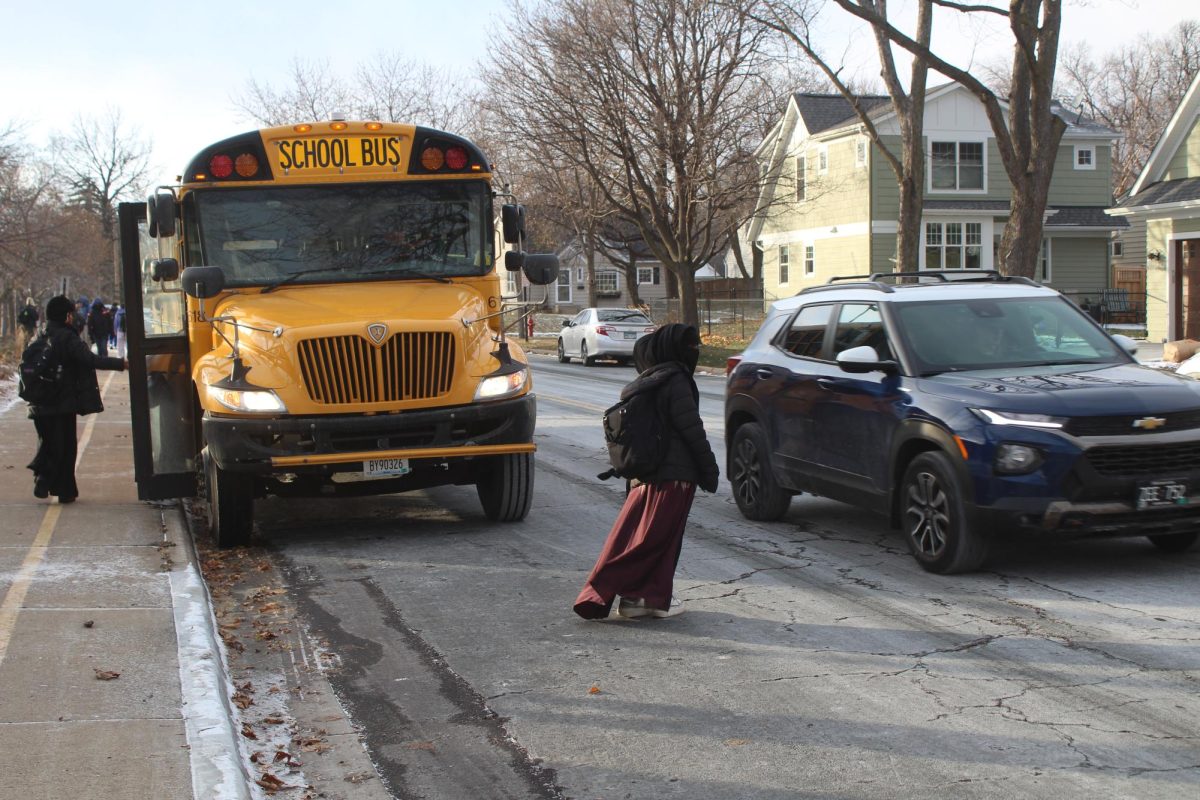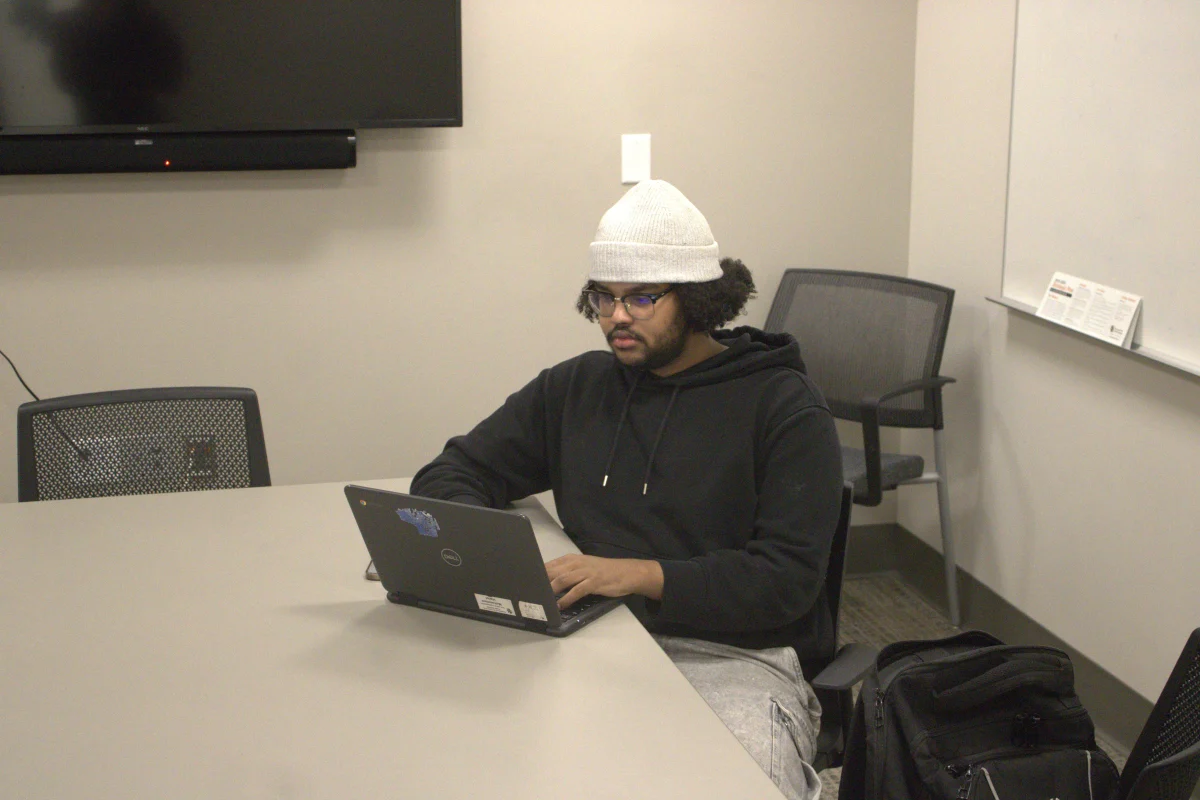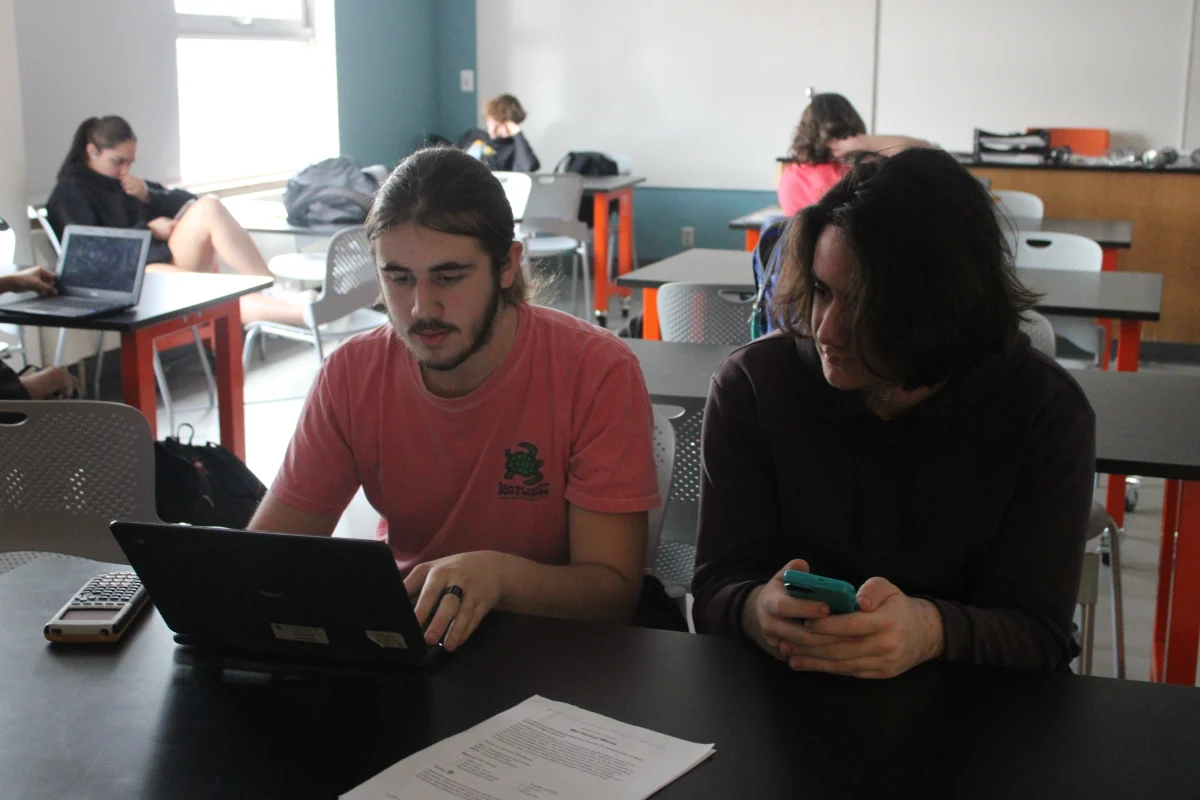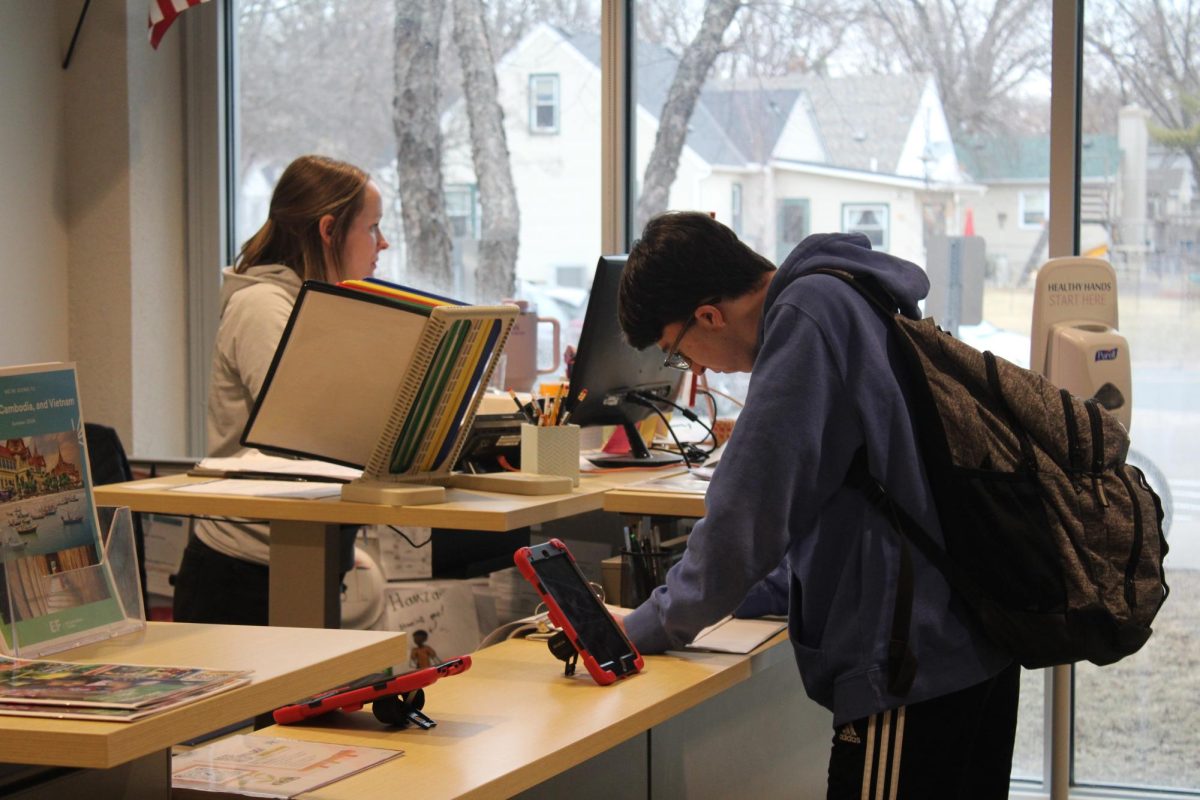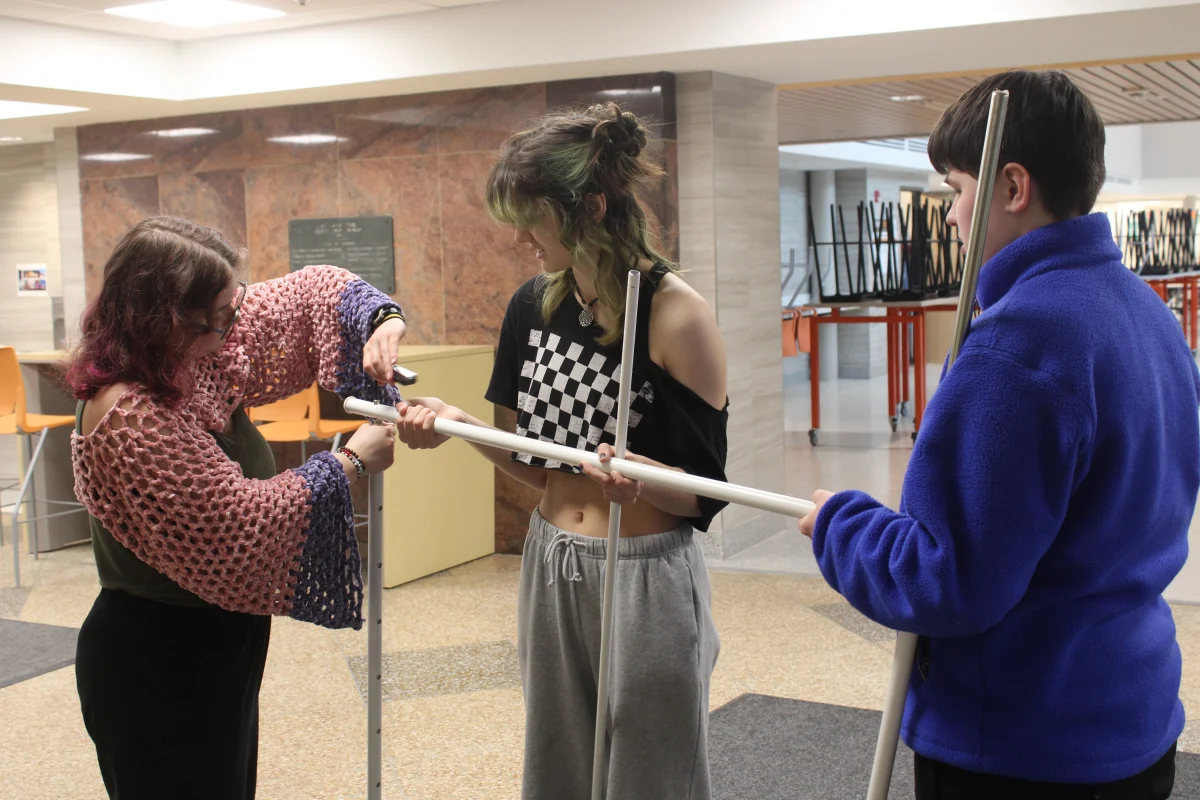Faith is of the utmost importance to me. As a child, it was instilled in me through the education I had and the people I surrounded myself with. Attending a Catholic elementary school, I remember being in a class and hearing the debate of Cassie Bernall and the Columbine High School Massacre. In hearing of a claim to martyrdom, I was told to reflect on what I would say or what I would think of if I were to ever be in the position she was in. I entirely believed that I would never denounce God or neglect to regard faith as the greatest part of me; I promised myself I would not. However, in the present, though I am not interrogated or faced with dire circumstances, I find it difficult to speak on the meaning of my faith.
I would not say that Park is discriminative against Christian people, and in considering what I have seen, I do not know Park to be discriminative against any of the various faiths that students have. However, I find it interesting that many of Park’s students are ignorant to the meaningfulness of faith and intolerant of the values of certain religions.
Though Park is considered to be inclusive and is for the most part, the misrepresentation of doctrines in education, ignorant comments, and dismissiveness are hard for me to be neglectful of. It is important that our education be sensitive to historical relevance and the acceptance of student expression. It is important that students be willing to be empathetic to those who are unlike them.
What concerns me the most is the representation of doctrine in our education. Many of the history classes I have taken have discussed the Catholic Church and Christian doctrine, indicating the historical relevance of their existences in societal structures and the intersection of their thematics in the cultures and histories of many nations. I understand the importance of acknowledging the manipulation of faith that encouraged oppression and the corruption that needed to be addressed; however, establishing this narrative alone as encompassing all Christian values and beliefs is deliberate and is harmful in its deception, allowing many students to cultivate a curated manner of approaching religions.
In one of the classes I have taken, I was required to discuss historical figures’ manipulation of faith and of Biblical themes to defend the enslavement of African people. A student expressed that, “There is no hate like Christian love,” and extended their claim beyond the historical application, saying that most Christian doctrines and Jewish beliefs were unintelligent and deserving of being mocked. I was silent. To be honest, I did not know what an appropriate response would be or what the reaction of my peers would be if I had decided to give one. These teachings, therefore, present generalizations and invite conversations with little education to be critical of an entire faith, addressing the beliefs of some students who sit silently. Park needs to be conscious of the manner in which religion is discussed academically by inviting conversation and requiring judgment on historical relevance alone by allowing people to educate themselves on certain doctrines before drawing conclusions.
I always took pride in talking about my faith, and I still do. However, being in classes with students who are unwilling to see themselves as ignorant or are not accepting of a religion that they do see themselves as aligning with has been difficult. Hearing conversations about all Muslims believing in this or that or all faiths manipulating God to defend their hatred is tiring, as I know it comes from misunderstanding. Being made to believe that a connection with God is weird and delusional when a person practices any religion is hurtful. It is important that Park students reflect on their willingness to be accepting of the freedom of people to choose their faith and defend it.
When I was a freshman, I came to school on Ash Wednesday with ashes on my forehead because I had gone to Mass in the morning, and I did not expect a reaction from people. When a student told me I had dirt on my head, I did not take offense but shared with them what it meant. When I was sharing what Lent was and the significance of Ash Wednesday, I was met with, “You really believe that? Okay, then.” I know it is not the worst to have happened to someone, but that interaction has always been at the forefront of my mind when I think of what people perceive my faith to be. I do not attempt to force my beliefs on anyone, but I want to be shown respect, and, yet, that is a challenge when people are inclined to assume what my faith means to me and the way in which I see the world through it.
Not all of Park is ignorant to or intolerant of the significance of religion in students’ lives. I have known people to be interested in hearing of my faith and accepting of the belief I have in God, and I am grateful for that. Despite this, there are classes in which I feel people are silenced, as their values and beliefs are mocked publicly. I feel as though people have to be silent because they are judged by misrepresentations of their faith, and I feel as though people’s perceptions of their peers’ positions on every subject relate to false perceptions of their religions. Students should be able to define the ways in which their faith defines them.




